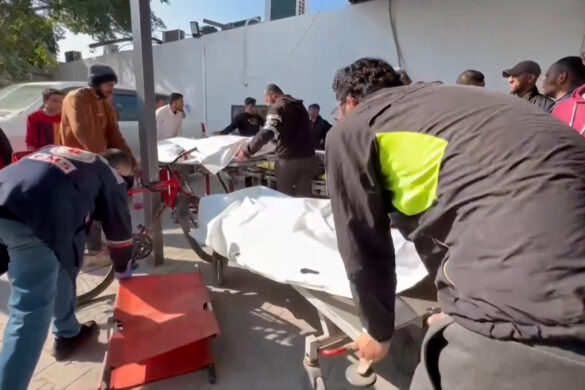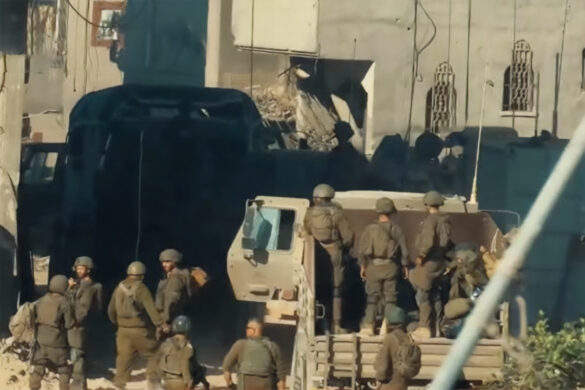First Strike
In military terms, the recent strikes against Hezbollah (targeting communications and communication devices, assassinating leaders, and bombing missile launchers) are considered the first strike in any war, which often targets lines of communication, supply, control, connection, and coordination, and were accompanied by other notable military movements.
The Washington Post (in its September 18 issue) reported that “this operation was intended to be the first strike in a broad conflict against Hezbollah.”
For his part, former Mossad chief Danny Yatom believed that the explosive device operation, and the targeting of the leaders of the Radwan Brigade in a bloody attack in the southern suburb, “will have consequences and may start a more decisive war in Lebanon.”
Israeli Defense Minister Yoav Galant had confirmed that the center of gravity of the war was shifting to the north, and that “the displaced population cannot be returned without a radical change in the security situation in the north,” during a meeting with the US envoy to Lebanon, Amos Hochstein.
Two divisions were also moved from Gaza: the 98th Division, a reserve infantry division of the Central Special Command, and the 99th Division, to join the 146th Armored Division and the 91st Division, originally tasked with protecting the border with Lebanon, in addition to the 36th Division, which had previously been withdrawn from Gaza to the north. The Israeli military division includes between 10,000 and 20,000 soldiers.
The Northern Command and Central Command of the Israeli army conducted continuous ground exercises (16 exercises), the last of which was in May 2024, most of which were in the Western Galilee and in terrain very similar to what awaits the army in Lebanon.
Israeli calls are also being made to exploit what appears to be a state of confusion within Hezbollah’s ranks and attack its strongholds in the south. The Israeli newspaper, The Jerusalem Post, stated that “if the war on Hezbollah does not begin within 4-6 weeks, it will be impossible to wage it until the spring of 2025.”




